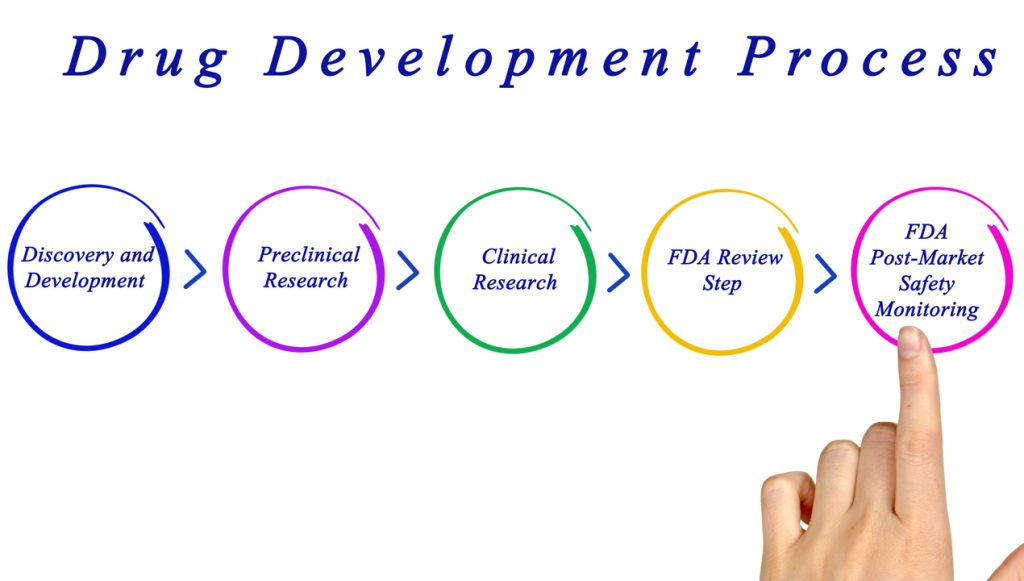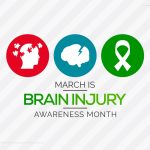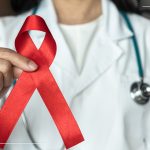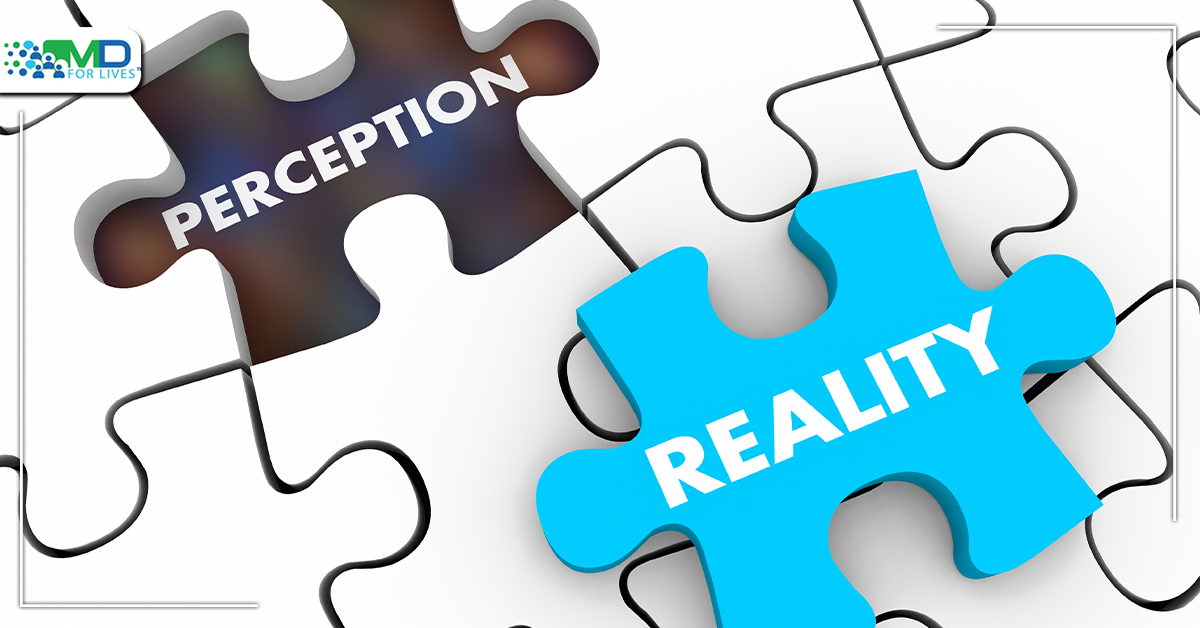Market research and drug development are closely related because market research plays a critical role in informing and guiding the drug development process. Market research helps pharmaceutical companies understand patient needs, preferences, and behaviors as well as the competitive landscape and regulatory requirements that affect the development and commercialization of new drugs.
Market research is the process of gathering and analyzing information about a market, including customers, competitors and market trends. This information is used to help businesses make informed decisions about product development, marketing, pricing, and distribution. Medical research used in the context of pharmaceuticals helps to understand patient needs and preferences, identify unmet medical needs, assess market demand and optimize marketing strategies for new drugs.
Drug Development Process:
Drug development is the process by which new medications are discovered, tested and brought to market for use by patients. It is a complex, multi-step process that typically takes several years and involves a range of scientific, clinical, and regulatory activities.
The drug development process typically begins with basic research in which scientists investigate the underlying mechanisms of diseases and identify potential drug targets. Once a potential drug target has been identified, drug candidates are identified and tested in preclinical studies to evaluate their safety, efficacy and pharmacological properties.
If a drug candidate shows promise in preclinical studies, it may advance to clinical trials, which are typically conducted in three phases. Phase I trials involve a small number of healthy volunteers and are designed to evaluate the safety and tolerability of a drug candidate. Phase II trials involve a larger number of patients and are designed to evaluate the drug’s efficacy and identify potential side effects. Phase III trials involve even larger numbers of patients and are designed to confirm the drug’s efficacy and safety in a larger patient population.
Once a drug has successfully completed clinical trials, it must be approved by regulatory agencies such as the FDA in the United States. If approved, the drug can then be marketed and sold to patients for use in treating the targeted disease or condition.

Overall, drug development is a complex and time-consuming process that requires significant investments of time, money, and expertise. However, it is also essential for bringing new and innovative treatments to patients and improving the overall health and well-being of society.
Key ways that Market Research Surveys can benefit Drug Development:
Market research surveys can be extremely beneficial for drug development in several ways. Here are a few key ways that market research surveys can benefit drug development:
- Understanding patient needs and preferences: Market research surveys can help pharmaceutical companies understand patient needs and preferences when it comes to potential new drugs. This information can be used to guide drug development and ensure that new drugs are tailored to meet the needs of patients.
- Identifying unmet needs: Market research surveys can also help pharmaceutical companies identify unmet needs in the market. By understanding what patients are looking for but not finding in current treatments, companies can develop new drugs that address these unmet needs.
- Assessing potential market demand: Market research surveys can also help companies assess the potential market demand for new drugs. By understanding the size and characteristics of the target market, companies can make informed decisions about the viability of a new drug.
- Optimizing marketing strategies: Finally, market research surveys can help pharmaceutical companies optimize their marketing strategies for new drugs. By understanding how patients make decisions about healthcare and what types of messaging and communication resonate with them, companies can create effective marketing campaigns that reach and engage their target audience.
- Evaluating pricing and reimbursement: Market research surveys can also be used to evaluate pricing and reimbursement strategies for new drugs. By understanding how patients and healthcare providers value different aspects of a drug, companies can develop pricing strategies that are both competitive and profitable.
- Assessing the competition: Market research surveys can also help pharmaceutical companies understand the competitive landscape for new drugs. By understanding what other drugs are available and how they are perceived by patients and healthcare providers, companies can position their new drugs for success in the market.
- Identifying potential side effects and safety concerns: Market research surveys can help pharmaceutical companies understand the potential side effects and safety concerns that patients may have with new drugs. This information can be used to inform clinical trials and ensure that safety issues are addressed before a drug is released to the market.
- Supporting regulatory approval: Finally, market research surveys can be used to support regulatory approval of new drugs. By demonstrating that a drug meets the needs of patients and fills an unmet need in the market, companies can increase the chances of regulatory approval and speed up the approval process.

Overall, market research surveys can play a critical role in drug development by helping companies understand patient needs, identify unmet needs, assess market demand, and optimize marketing strategies. By leveraging the insights gained from market research, pharmaceutical companies can develop drugs that are more effective, better tailored to patient needs and more likely to succeed in the market.

MDForLives is a global healthcare intelligence platform where real-world perspectives are transformed into validated insights. We bring together diverse healthcare experiences to discover, share, and shape the future of healthcare through data-backed understanding.






